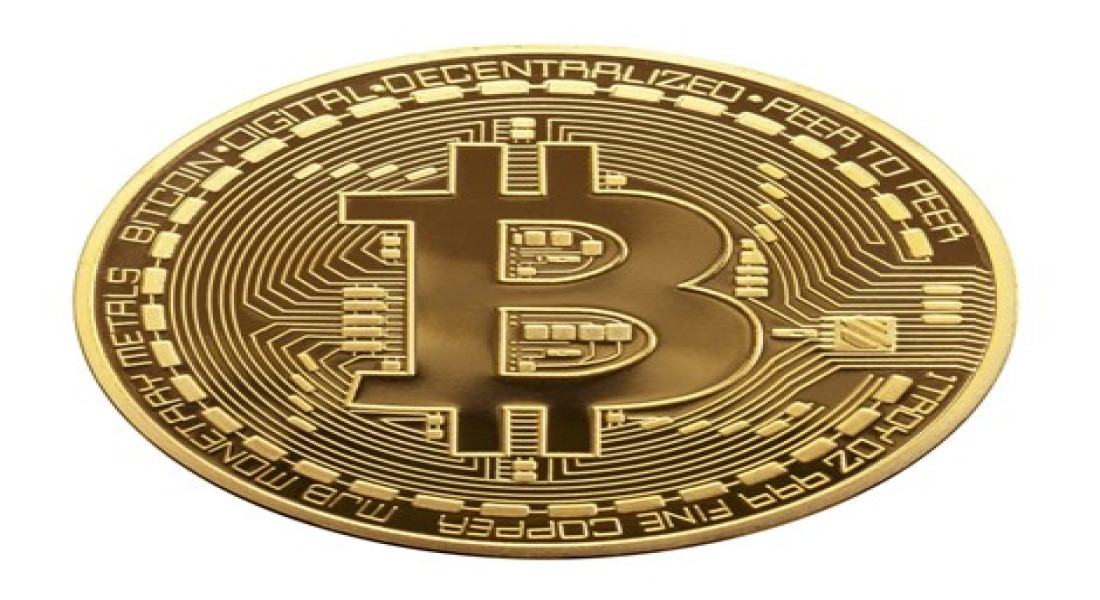
BITCOIN
Bitcoin is a decentralized digital currency, often referred to as a cryptocurrency, that operates on a peer-to-peer network. It was created by an unknown person or group using the pseudonym Satoshi Nakamoto and was introduced to the world in a whitepaper titled "Bitcoin: A Peer-to-Peer Electronic Cash System" published in 2008. The whitepaper outlined the conceptual framework for a new form of currency that would function without the need for intermediaries like banks or financial institutions. At its core, Bitcoin is designed to be a decentralized and borderless form of digital money that enables users to send and receive value directly without relying on traditional financial intermediaries. It is built upon a technology called blockchain, which is a distributed and immutable ledger that records all transactions in a transparent and tamper-resistant manner.
Here are some key features and aspects of Bitcoin:
Decentralization: Unlike traditional currencies issued by central banks, Bitcoin is not controlled by any single entity. Instead, it operates on a decentralized network of computers, known as nodes, which work together to validate and record transactions.

Blockchain Technology: The Bitcoin blockchain is a public ledger that contains a record of all transactions ever made with Bitcoin. Each transaction is grouped into a block, and these blocks are linked together in chronological order to form the blockchain. This ensures transparency and security, as altering a single transaction would require changing every subsequent block, which is computationally infeasible.
Limited Supply: One of the defining features of Bitcoin is its limited supply. There will only ever be 21 million bitcoins in existence. This scarcity is programmed into the Bitcoin protocol and sets it apart from traditional fiat currencies, which can be printed or minted at will.
Mining: Bitcoin transactions are verified and added to the blockchain through a process known as mining. Miners use powerful computers to solve complex mathematical puzzles, and the first miner to solve the puzzle gets to add a new block of transactions to the blockchain. As a reward for their efforts, miners receive newly minted bitcoins and transaction fees.
Pseudonymity: Transactions on the Bitcoin network are pseudo-anonymous. While transaction details are recorded on the public blockchain, users are identified by cryptographic addresses rather than personal information. This provides a level of privacy, although transactions can still be traced and analyzed.
Global Accessibility: Bitcoin operates on the internet, which means it can be accessed and used by anyone with an internet connection. This global accessibility has made Bitcoin a popular choice for cross-border transactions and remittances.
Volatility: Bitcoin's price is known for its extreme volatility. Its value can fluctuate dramatically over short periods, which has led to both significant gains and losses for investors and traders.

Use Cases: Bitcoin was initially envisioned as a form of digital cash that could be used for everyday transactions. However, over time, it has evolved to serve multiple use cases. Some view it as a store of value similar to gold, while others use it for remittances, online purchases, and as an investment.
Wallets: To use Bitcoin, individuals need a digital wallet to store, send, and receive bitcoins. Wallets come in various forms, including software wallets, hardware wallets, and mobile wallets.
Regulatory Environment: The regulatory treatment of Bitcoin varies from country to country. Some countries have embraced it as a legitimate form of payment, while others have imposed restrictions or bans on its use.
Bitcoin's introduction has sparked a broader movement of cryptocurrency innovation, leading to the creation of thousands of alternative cryptocurrencies and the development of various blockchain-based applications beyond digital currency. Despite challenges and criticisms, Bitcoin remains a pioneering force in reshaping the financial landscape and continues to influence discussions about the future of money, decentralization, and digital assets.